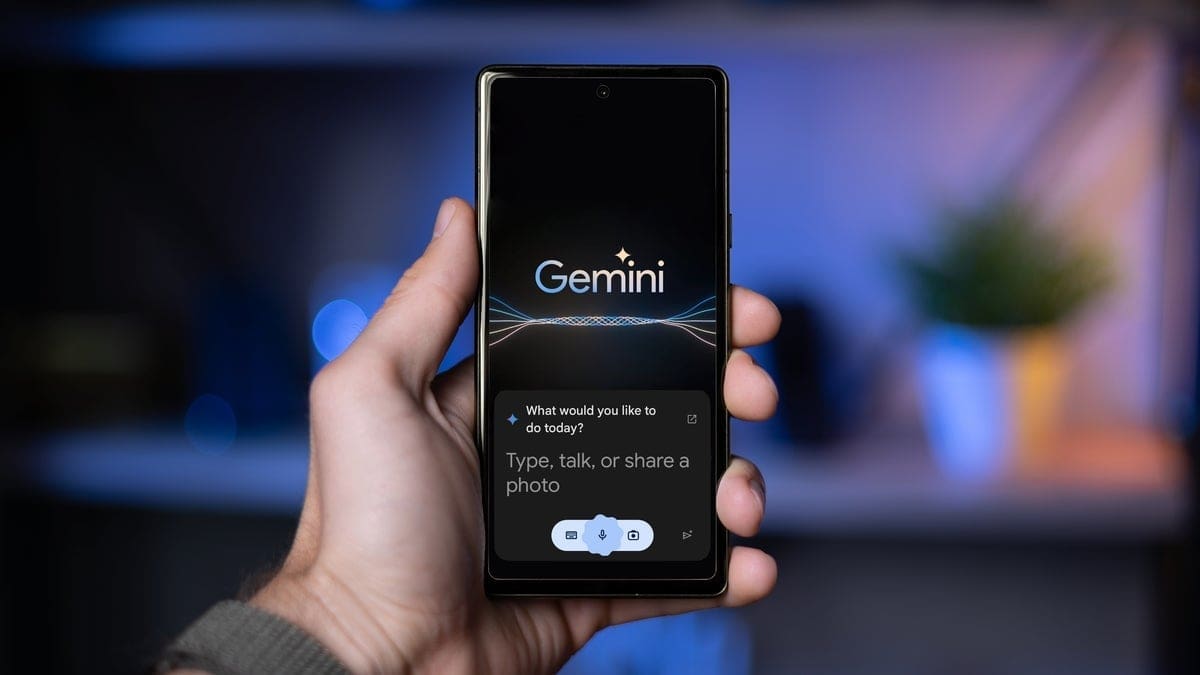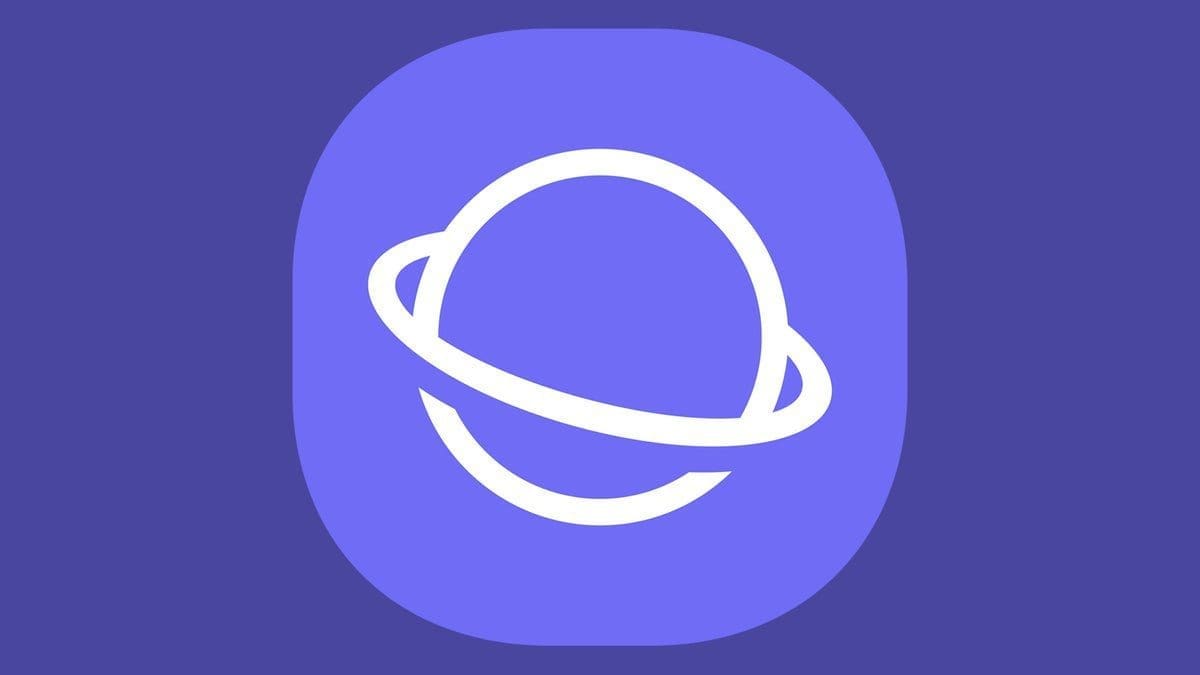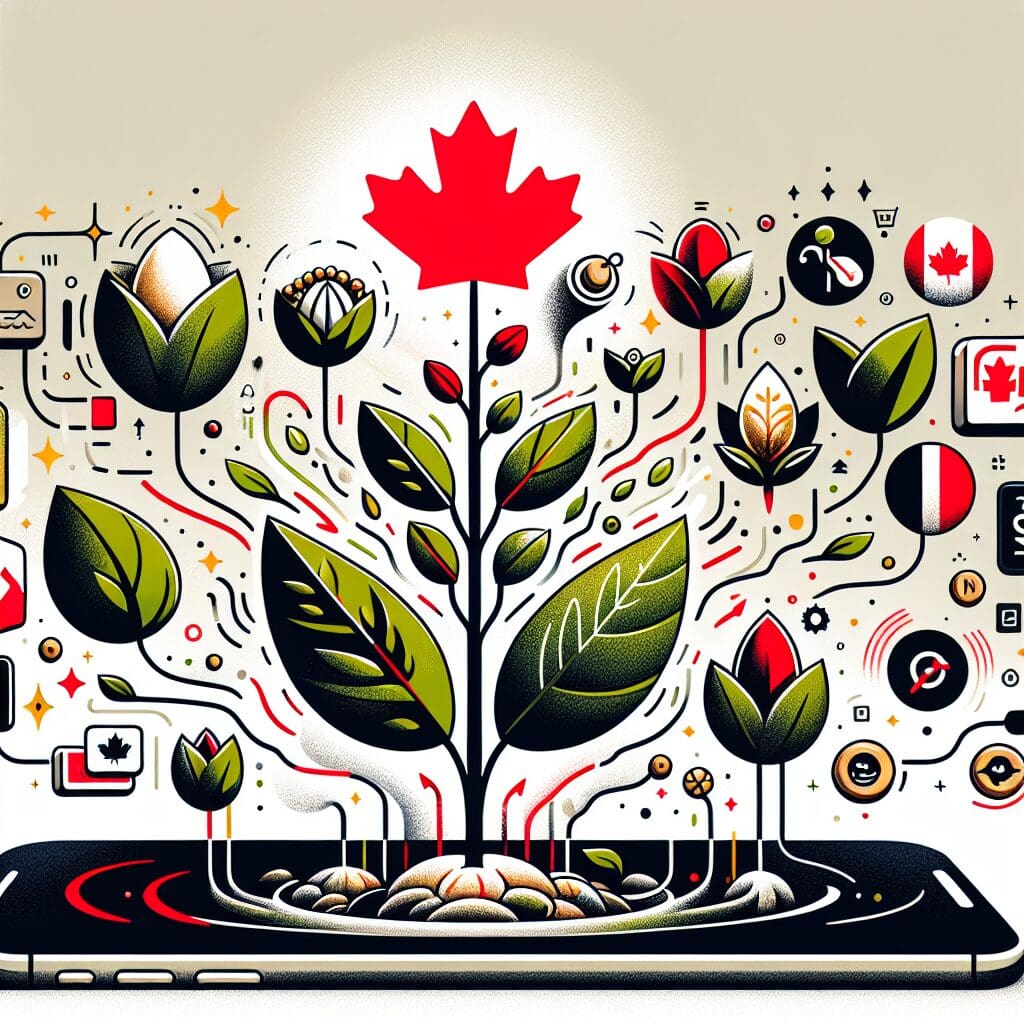AI is the talk of the town these days, and it’s no surprise. We hear about AI everywhere, from AI toothbrushes to AI-informed shoes. But what exactly is AI, and how does it fit into our modern smartphones? Let’s dive in and explore this trendy abbreviation a bit further.
What is AI?
– Artificial Intelligence (AI) is a field of computer science focused on creating systems that can perform tasks typically done by humans, such as reasoning, learning, problem-solving, and more.
– AI systems use algorithms and data to simulate intelligent behavior, but they don’t truly “understand” the information like humans do.
– Imagine an example where you recognize patterns without truly understanding them. That’s how AI algorithms work—they are great at recognizing patterns and simulating them.
Examples of AI systems
– AI excels at recognizing patterns in data sets, like medical information or financial data.
– It can understand human language contextually.
– Facial recognition has become more accurate with AI technology.
– Navigation systems, self-driving cars, image search—all of these rely on AI for better accuracy.
AI in smartphones
Every major smartphone brand is incorporating AI into their devices:
– Google introduced Magic Editor for photo editing and Best Take for optimal group photos.
– Samsung offers Object Eraser for photo editing and real-time translation features.
– OnePlus has an AI Summarizer for phone call recaps.
– Honor has Magic Portal for extracting text and images from apps.
On-device vs. Cloud-based AI
1. On-device AI:
– Runs directly on your smartphone without needing an internet connection.
– Offers immediate processing with better privacy but limited by device resources.
2. Cloud-based AI:
– Processes data on remote servers requiring an internet connection.
– Provides unlimited computational resources but raises concerns about privacy and latency.
Hybrid models combine both approaches:
– Smartphone features may use on-device processing or connect to the cloud depending on the task.
– Some features may stop working without an internet connection.
In conclusion,
AI is here to stay and will continue to improve our lives in various ways. However, we need to be mindful of how we use these systems to avoid over-reliance that could impact our skills negatively. What are your thoughts on smartphone AI? Share your opinions in the comments below!










